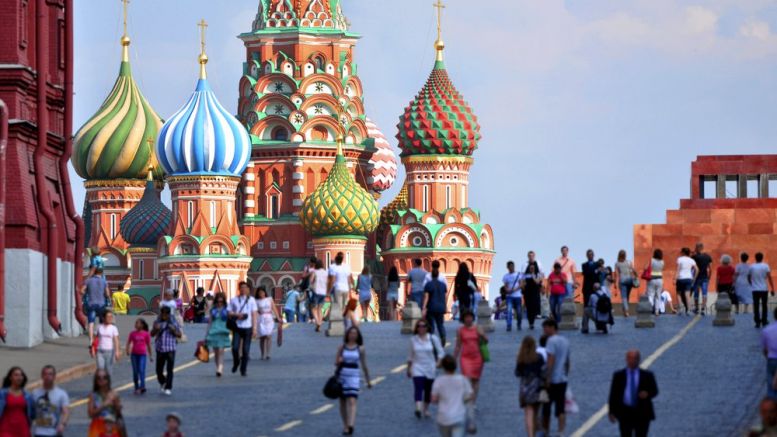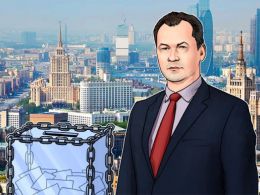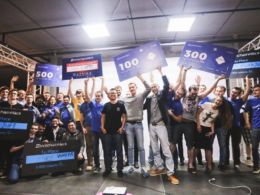
Moscow to Use Blockchain Tech in ‘Active Citizen’ Project
Government officials in Moscow are willing to explore and implement the potential and uses of blockchain technology in various applications including the Active Citizen project. The city government initiative is a technology-laden program aimed to make citizens of Moscow more inclusive in affecting government decisions. The Department of Information Technology of Moscow is ready to implement blockchain technology within its “Active Citizen” project, according to the department’s deputy director. Andrei Belozerov revealed his eagerness to use blockchain technology during a meeting with the....
Related News
Government officials in Moscow today revealed plans to investigate applications of blockchain technology. According to a report by Gazeta.ru, Deputy Head of the Department of Information Technologies (DIT) of Moscow Andrey Belozerov said that the agency is now exploring how to apply blockchain to various use cases, including voting fraud. One proposal, according to the news source, would find Moscow incorporating blockchain into Active Citizen, an in-progress e-government effort aimed at getting citizens more involved in local decision-making. Sberbank, one of Russia's largest banks, may....
Qiwi, a Russian payment system operator and one of the country’s most active cryptocurrency players, will launch a test to track energy transactions using blockchain technology in partnership with Tavrida Electric, one of the world’s leading suppliers of circuit breakers and a global energy smart grid supplier. Each Tavrida Electric transaction will be recorded on the blockchain, according to Moscow-based Rambler News Service. The transactions will be visible to regulatory agencies and other energy companies on the blockchain. Qiwi said it could extend the project to other energy....
National Settlement Depository, Russia’s central securities depository, has successfully tested an e-proxy voting system based on a distributed ledger (blockchain) technology. It has been eight years since the mysterious Satoshi Nakamoto introduced the definition of blockchain and implemented it in the original source code for his peer-to-peer digital cash system. While it is still unclear whether or not Bitcoin or other cryptocurrencies have any real long-term value, many argue that the acceptance and wider adoption of blockchain technology are fast approaching. Various industries see the....
Election season has begun for the Hyperledger project, the open-source, Linux Foundation-led blockchain initiative. The project is preparing to elect a new technical steering committee (TSC) as well as a new chairperson for that committee this month. The transition comes less than a year after the Hyperledger project publicly launched in December 2015 as a way to create a "business blockchain" for use by enterprises. The nomination process for the committee began yesterday, and runs through 18th August. Voting among the project's active contributor base – those participating in....
Since Russian President Vladimir Putin expressed interest in Ethereum at his meeting with Vitalik Buterin at the World Economic Forum held in St. Petersburg, the blockchain industry in Russia has been quick to heat up. The Blockchain & Bitcoin Conference in Saint Petersburg was held in June, followed immediately by a blockchain-focused hackathon called BlockchainHack in Moscow, with 150 people in attendance competing for $100,000 worth of cryptocurrency. The hackathon took place at the Paveletsky Art Center, a massive building in downtown Moscow that has become the de facto hub for....





